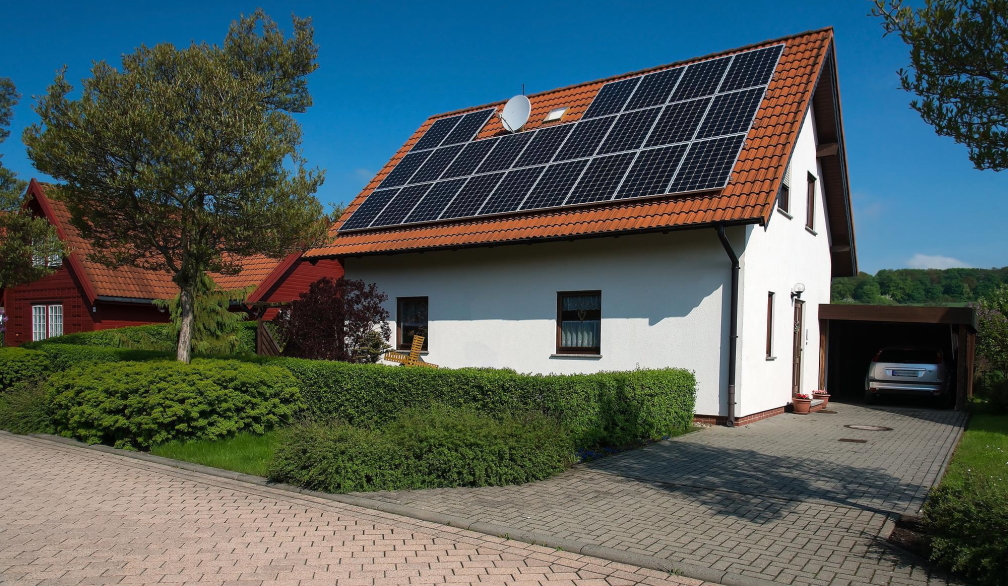How Do Solar Panels Work?
- Written by NewsServices.com

Solar panels are becoming an increasingly popular form of energy to heat and power up the home. Not only do they provide the opportunity for you to save money on your bills, but they are also convenient and much better for the environment than other more conventional methods. The low production costs of solar panels mean you can get a lot more energy for your money and once they're up and running you don't need to worry about high maintenance costs. They can also make your home easier to sell, adding a longevity factor to why you should invest in them. While many of us are aware of the benefits of solar panels and how they can help, not many people know exactly how they work. Here we take a look into how solar panels work and convert the sun’s solar energy into electricity for the home.
What is the science behind solar panels and the Photovoltaic effect explained
When it comes to the science behind solar panels, there are a few different components that work together in order for them to function. These are: The aluminium frame, tempered glass cover, encapsulation foil, solar cells, encapsulation foil 2, back sheet and junction box.
Solar technology works by converting the heat and rays from the sun into electrical energy that can be used around the home. This is through photovoltaic panels that are installed within the panels and converts the heat to power up batteries and thermal storage.
The photovoltaic cells essentially generate a direct current of electricity which it then converts into a usable current or electricity that flows through your panel. From here it is distributed around the home and used for things such as your appliances and charging your devices. If you end up having excess energy, so more than you need to use, this is fed back to the electric grid which is then used to power up other homes.
Components of a solar panel
Solar panels are made from a number of different layers, each of which are highly important to ensure the process works smoothly and efficiently. This includes silicon solar cells, a glass casing to protect it and also help attract the sun's rays, an insulation panel and a protective sheet to ensure the inside of the solar panel doesn't get damaged. This could be through harsh weather conditions such as rain and snow.
How solar panels generate electricity
Many people wonder if solar panels can still work on cloudy days and find this is an aspect that might put them off. Luckily, solar panels can absorb the sun’s light as long as the light is visible - so it isn’t dark outside. This means that while they might generate more electricity in the summer months, they can still generate electricity all year round, even when the sky is cloudy.
Conclusion
Solar panels are a fantastic investment for any home, both in the short and the long term. They are highly efficient methods of producing the energy needed for your household to function effectively as well as keeping your bills down. It’s a good idea to look into solar panel installers to ensure your solar panels are put up correctly.





